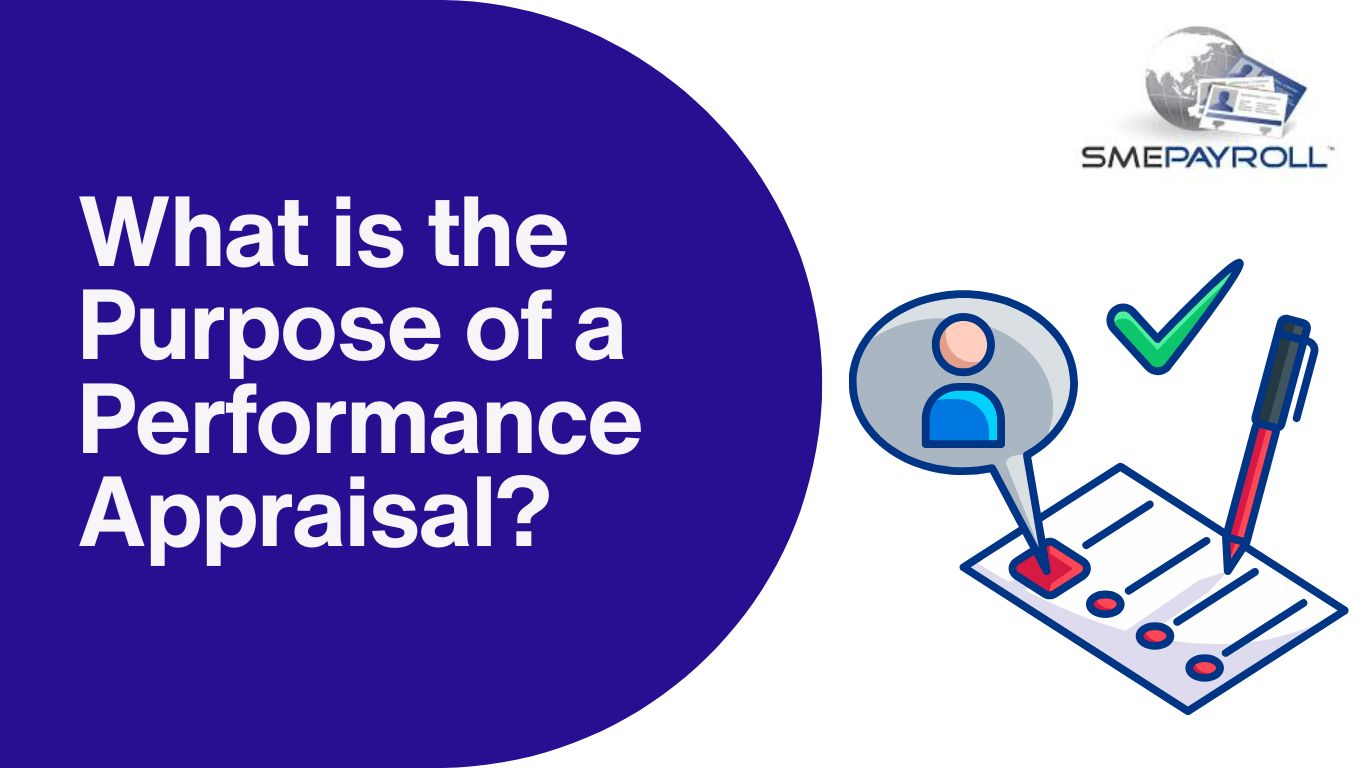Performance appraisals are performance-serving assessments that take place once a year by the manager. In the competitive and fast-evolving business organization of Singapore, performance appraisals represent a potent strategic weapon for organizational development and personal development.
Table of Contents
Performance Appraisal in the Singaporean Context
The workforce in Singapore is known to be efficient, innovative, and performance-oriented. Performance appraisals are not just mere paper-based bureaucratic reforms but intention-setting discussions that drive both personal and organizational success.
Key Purposes of Performance Appraisals
- Performance appraisals provide a structure:
- To set clear, measurable goals
- To align individual goals with organizational strategies
- To articulate growth opportunities and skill development
- Open two-way communication between employees and managers by:
- Discussing strengths and areas for improvement
- Building trust and strengthened workplace relationships
- In Singapore’s knowledge economy, the performance appraisal process:
- Identifies skill and knowledge gaps
- Makes recommendations for training and upskilling
- Supports continuous learning and career development
- Recognition and encouragement The performance appraisal is:
- Recognition for exceptional contributions
- Moral building for employees
- Creates a culture of recognition and performance
- Performance Management They serve as a platform for:
- Monitoring individual and team performance
- Making informed promotion decisions
- Supporting compensation adjustments as warranted
Also Read : Exploring the Power of Cloud-Based HRMS Solutions
Performance Appraisal: The Singapore Approach Beyond Traditional Evaluation
While there are criticisms about work culture in Singapore, these collaborative appraisals are now viewed more as growth opportunities than punishment. Organizations like DBS Bank and Singtel have led innovations in appraisal systems beyond traditional assessment models.
Innovative Appraisal Practices in Singapore
- 360-Degree Feedback: Non-traditional approaches that invite feedback from multiple perspectives
- Continuous performance management: By performing frequent meaningful check-ins, this replaces large annual reviews.
- Data-driven evaluations: With granularity from advanced analytics and key performance indicators named individually.
Navigating Challenges in Performance Appraisals
Whilst performance appraisals are essential, it is a charge to be addressed by the organizations:
- Mitigating unconsciously biased evaluations
- Removing employee anxiety from the whole assessment process
- Eliminating bias and keeping it fair
Real-Life Impact on the Workplace in Singapore
Performance reviews are more strategic tools than administrative formalities. They help:
- Enhance organizational agility
- Foster a culture of continuous improvement
- Align individual aspirations with corporate objectives
Also Read : User Adoption and Training for HRMS: Unlocking the Potential of Your System
Conclusion
Performance Appraisals in Singapore are more like strategic systems to assess, identify, and satisfy their aspirations with respect to organizational objectives. They conceal their unique quality of being the drivers of talent development, the strategic engines for innovation, and the very instruments for carving a particular competitive advantage.
With a humanistic, compassionate approach toward performance evaluation, Singaporean organizations can build a working environment in which employees will feel valued, truly motivated, and empowered to deliver quality output. The key would be not to treat appraisals as passing judgment on an individual but more as a collective chance for growth and learning on the part of both parties.
Although performance appraisals have transformed with time and change, they still function as a vital bridge to determining how best to make human potential serve the needs of an organization in Singapore’s changing business environment.






















Leave feedback about this